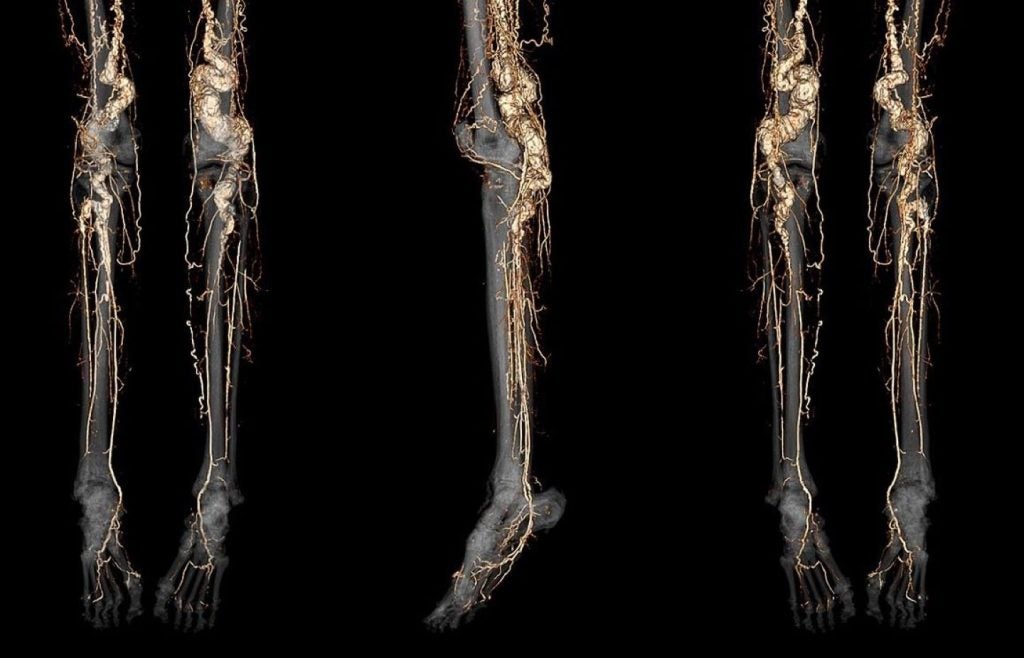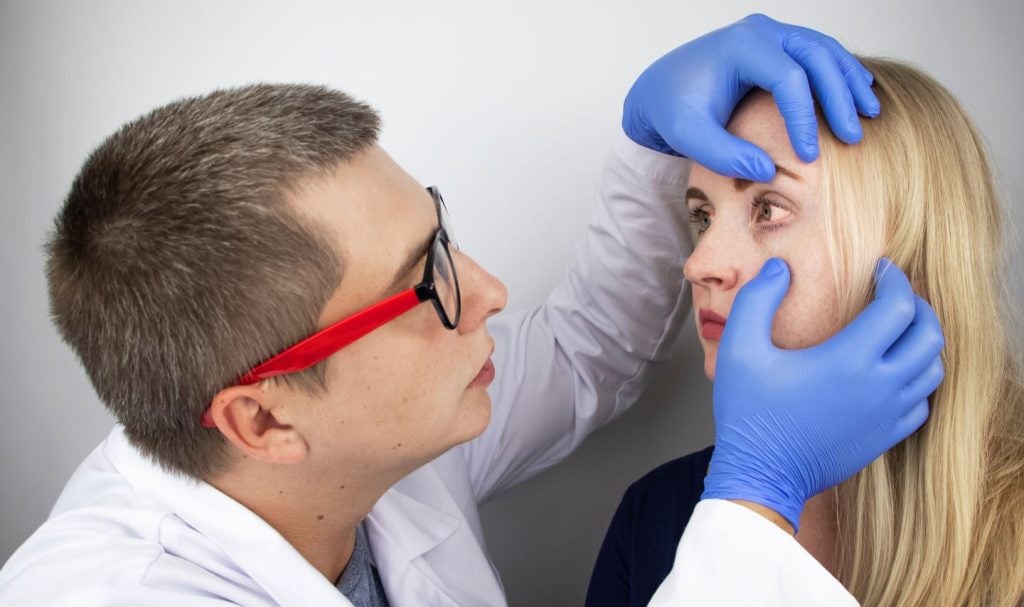LENZ Therapeutics has reported positive topline data from the Phase III CLARITY study of two investigational formulations of aceclidine, LNZ100 and LNZ101, for presbyopia treatment.
The multicentre, double-masked, randomised, controlled efficacy and safety CLARITY study comprised two six-week efficacy trials, CLARITY 1 and 2, and a six-month safety trial, CLARITY 3.
It enrolled a total of 1,059 participants aged 45 to 75 years with a refractive range of -4.0D SE to +1.0D SE.
The percentage of subjects who achieved a three-line or greater improvement in Best Corrected Distance Visual Acuity (BCDVA) at nearly without losing more than one line of distance vision three hours after treatment was the primary efficacy endpoint of the CLARITY 1 and 2 trials.
LNZ100 (1.75% aceclidine) met the primary endpoints and key secondary endpoints in the Phase III CLARITY 1 and 2 trials.
Notably, 71% of participants achieved a three-line or greater improvement in BCDVA at 30 minutes, and 40% maintained this improvement ten hours post-treatment.
Near vision improvement was reproducible and similar across both trials.
Furthermore, LNZ100 was demonstrated to be well-tolerated without any serious treatment-linked adverse events reported in all three CLARITY trials.
It also achieved primary and secondary endpoints but did not demonstrate superiority over LNZ100.
Consequently, the company has chosen LNZ100 as its lead product candidate and plans to submit a new drug application (NDA) in mid-2024.
LENZ Therapeutics president and CEO Eef Schimmelpennink said: “We believe these data support LNZ100 as a potential best-in-class therapy for the treatment of presbyopia.
“The high responder rate, rapid onset and long duration across a broad range of presbyopes ranging from 45 to 75 years of age and having a refractive range from -4.0 to +1.0D SE are consistent with features that patients are expecting from an effective treatment option.
“Based on these highly encouraging data, we will direct our focus towards our NDA submission in mid-2024 for LNZ100, and preparations for commercialisation in second half of 2025 upon FDA approval, with the goal of moving closer to helping many of the 128 million people experiencing symptoms of presbyopia in the United States.”
















